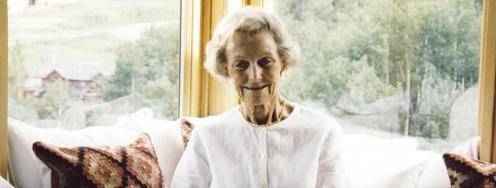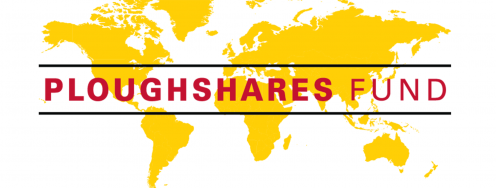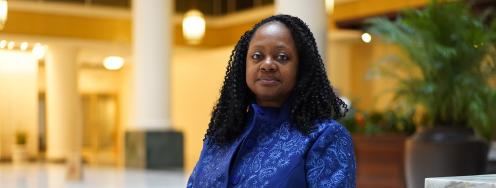The idea of ‘peace on earth’ is thrown around a lot this time of year. At Ploughshares Fund, we’re working to make it a reality. With the elimination of each nuclear weapon, we get closer to that goal.
Whether we are urging Congress to reduce the nuclear budget, bringing together American and Russian leaders for informal dialogues, or speaking out against military action against Iran, our aim is always the same – to create a safer future.
The days of Cold War paranoia are long behind us, yet the instruments behind the fear of nuclear war still threaten our world. As long as they remain, the potential loss of millions of lives, of entire populations, and of long-standing communities continues to be a real possibility.
This year, Fukushima showed us the devastating – and unintentional – possible effects of nuclear technology. With billions of dollars in clean-up and still-unknown long term damage to human life, the cost is just too high. The cost of an intentionally used nuclear weapon is unimaginable.
We still face many obstacles on the road to world peace. But it’s important to look back at the progress we’ve made. The ratification of New START on December 22, 2010 reinstated inspections of U.S. and Russian nuclear arsenals. In a deeply divided Congress, our issue has managed to bridge the bipartisan gap. Now, both Democratic and Republican Members of Congress are calling for a decrease in spending on nuclear weapons and related programs. In addition, three new countries ratified the Comprehensive Test Ban Treaty in 2011, bringing the global ban on nuclear testing closer to a reality.
As we enter 2012, we will continue on the same path we started down thirty years ago. Back then, Sally Lilienthal, the founder of Ploughshares Fund, decided to dedicate her life to an inspiring idea. Today, we are the largest grantmaking organization working exclusively on nuclear weapons disarmament and non-proliferation. And we have the same vision for the future that Sally had in 1981 - one of a world free of nuclear weapons.
Day #12: World Peace
Photo by Matt Shalvatis




